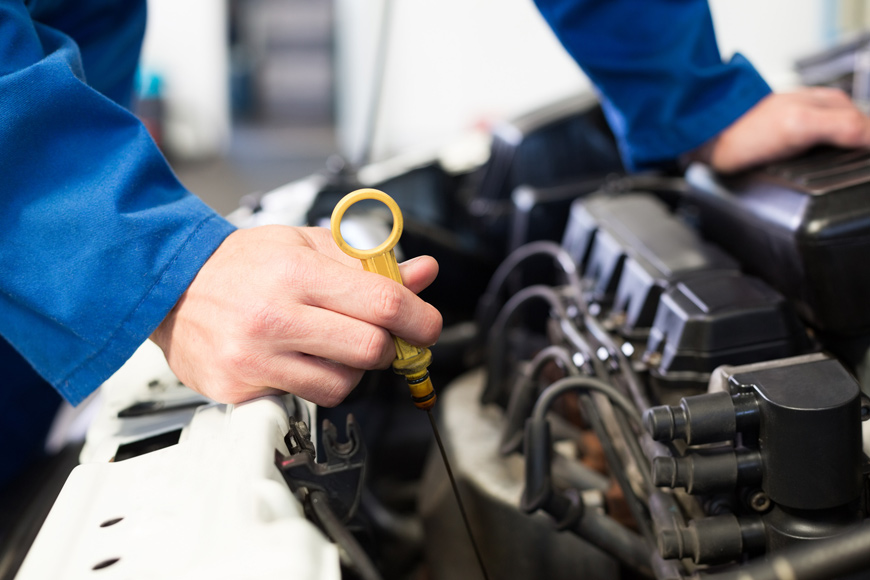- January 24, 2015
- By k_pooya1979
- In Diagnostics, Engine
- Tags Steering, Transmission
- 2212
- 0

Read the car’s manual and schedule maintenance accordingly. Keeping up with your car’s recommended maintenance schedule can help avoid costly problems with your cooling system, drive train, suspension and other components; following the recommended schedule also helps ensure you get the full benefit of the manufacturer’s warranty.
Especially, avoid short trips. Cold starts are hard on engines, your gas mileage, and the environment. Short trips can also significantly shorten the life of your muffler. Basically, you get condensation in the exhaust when you start a cold engine, and if you don’t run the car for long enough to evaporate all of the condensation out of the system, excessive amounts of water can accumulate in your muffler, and rust a hole through it. Avoid starting a cold car just to pull it into the garage, for instance. Consider walking to the nearest store for a change. Combine short errands, and, if you have multiple vehicles, drive the one more recently driven when you go out again. Do drive a car at least every week or so, since cars that sit for longer than a week or two at a time have other problems, such as fluids gradually draining out of systems. Consult a mechanic if you will store a car for an extended period.
You should check the level of your antifreeze, oil, transmission fluid, power steering fluid, and brake fluid, very regularly. A good time to do so is when you fill up with gasoline/petrol. Even if your car doesn’t leak fluids at the moment, one can occur at any time and you can identify it by checking the fluid levels often. You should also check the color of some of these fluids. Some of these have see-through plastic tanks that you can look through, and some have dipsticks. Antifreeze should be either pink, green, or yellow (Pink for newer cars with “Dex-Cool”, green for old cars with plain Ethyl-Glycol, and green or yellow for cars that have been flushed and filled with universal antifreeze…brown antifreeze should always be flushed, it either has rust or a lot of dirt in it, probably both. Also, never mix different kinds of antifreeze; if you don’t know what color antifreeze your car has, buy a universal brand. Oil will normally be slightly clear (when new) to brown. Oil that looks white and milkshake-like may be contaminated with antifreeze/coolant or very rarely, just a large amount of condensation. You should take your vehicle in for service soon if this is the case. Transmission fluid should be bright red, and should not smell burnt. If it looks or smells burnt, have your transmission fluid flushed. Letting it get too bad can damage your transmission. There’s also a chance that you may have an internal transmission problem, especially if you are having problems with shifting or engaging in gears.





